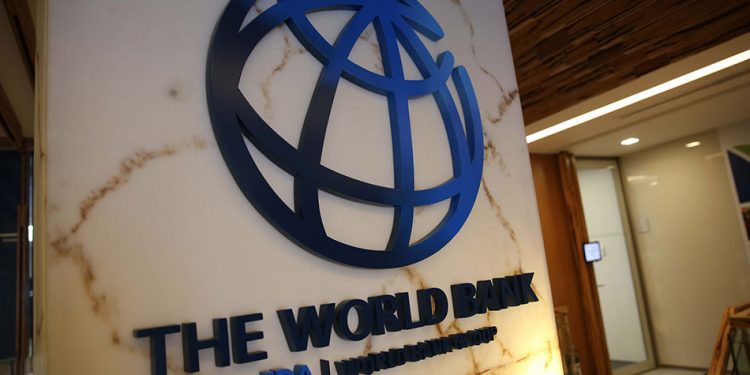The Government of Ghana has signed an additional $200 million loan agreement with the World Bank to help the vaccination process.
This is the second tranche of funds that government is receiving from the World Bank for the management of the pandemic.
Addressing the media after signing the agreement, Finance Minister, Ken Ofori-Atta said the loan facility has come at the right time to help support government efforts in managing the situation.
“We must continue laying the foundation for an enabled welfare state. One that helps people and restores dignity to the lives of our fellow Ghanaians. Now, the intervention therefore of these resources is important. That is, if our people are not vaccinated, we will not have the energy and dynamism to transform our economy and be a contributor to much better investments.”
“Undoubtedly, government cannot do this alone, we need deeper engagements from multilateral partners to facilitate the provision of the requisite finance and technical support to invest in human capital and build fiscal infrastructure and comprehensively tackle development challenges that inhabit the SDG goals being attained. At its very core, this will require the availability of all innovative financial support to ensure that critical interventions in response to COVID-19 are immediate and swift. The signing of this agreement today forms an essential part of the government’s drive to build back better and greener, and clearly, I would like to thank the World Bank, the IDA and the Minister of Health for their immense contribution and support not only to combating the pandemic but also furthering government’s transformation agenda,” he said.
Meanwhile, the World Bank Country Director, Pierre Laporte is hopeful the funds will help the country in the management of the virus.
“This specific project is focusing mostly on the vaccines, while the first two projects supported mostly the initial efforts to put in place systems and supports to fight the immediate impact. We are now moving to the next phase, and we think that this is extremely important for Ghana because the results are supporting the whole system to be better prepared to deliver vaccines to the people, which is critical in the wake of the health system.
Since Ghana recorded its first Covid-19 case in 2020, it has been mobilizing internal and external funding to directly contain its spread and effects on citizens and the economy.
These include a World Bank Development Policy Operation of ¢1.716 million ($296,629); IMF Rapid Credit Facility of ¢3.145 million ($543,647); Access to a portion of (an estimated) $591.1 million in the Ghana Heritage Fund.
There was also a syndication facility of ¢3 billion ($518.6 million) to support businesses especially in the pharmaceutical, hospitality, service and manufacturing sectors; $3 billion via Covid-19 Eurobond; and ¢100 billion ($17.2 billion) Covid-19 Alleviation and Revitalisation of Enterprise Support (CARES) among others.







